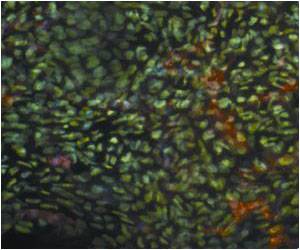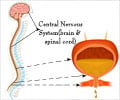There is now new hope for women who suffer from stress urinary incontinence using stem cells in a very non-invasive fashion that does not require surgery.
Stress urinary incontinence (SUI) or effort incontinence is a form of urinary incontinence. The leakage of urine becomes a quality of life issue and it usually occurs when a woman exerts pressure on their pelvic floor due to acts such as sneezing, cough or during laughter. It is estimated that one in every three women experience stress incontinence after the age of 40 years. This form of incontinence may first manifest itself after pregnancy.Many women who suffer from this form of incontinence require help and some avoid venturing outdoors due to the embarrassment that it causes them or due to the need for wearing nappies.
Even men maybe affected by this annoying condition particularly after prostate surgery. By weight reduction, lowering caffeine intake, bladder training and doing pelvic floor muscles exercises stress incontinence can be controlled.
Bum Soo Kim et al conducted research that was published in the Journal BMC Medicine, 2012. The research has revealed a new technique via stem cells derived from amniotic fluid in regenerating damaged urethral sphincter muscles and preventing pressure incontinence in mice. Amniotic stem cells have low immunogenicity and lowers chances of rejection.
Scientists from Kyungpook National University, Korea, assessed the ability of stem cells derived from amniotic fluid during amniocentesis for regenerating damaged and destroyed urethral sphincter muscles in mice.
During the study amniotic fluids was collected and analyzed for in vitro myogenic differentiation potency and stem cells characteristics. The mice received periurethral injections of human amniotic fluid stem cells (hAFSC’s), preiurethral injection of Plasma-Lyte (control group) or underwent a sham (normal control group).
Reference:
Source-Medindia















